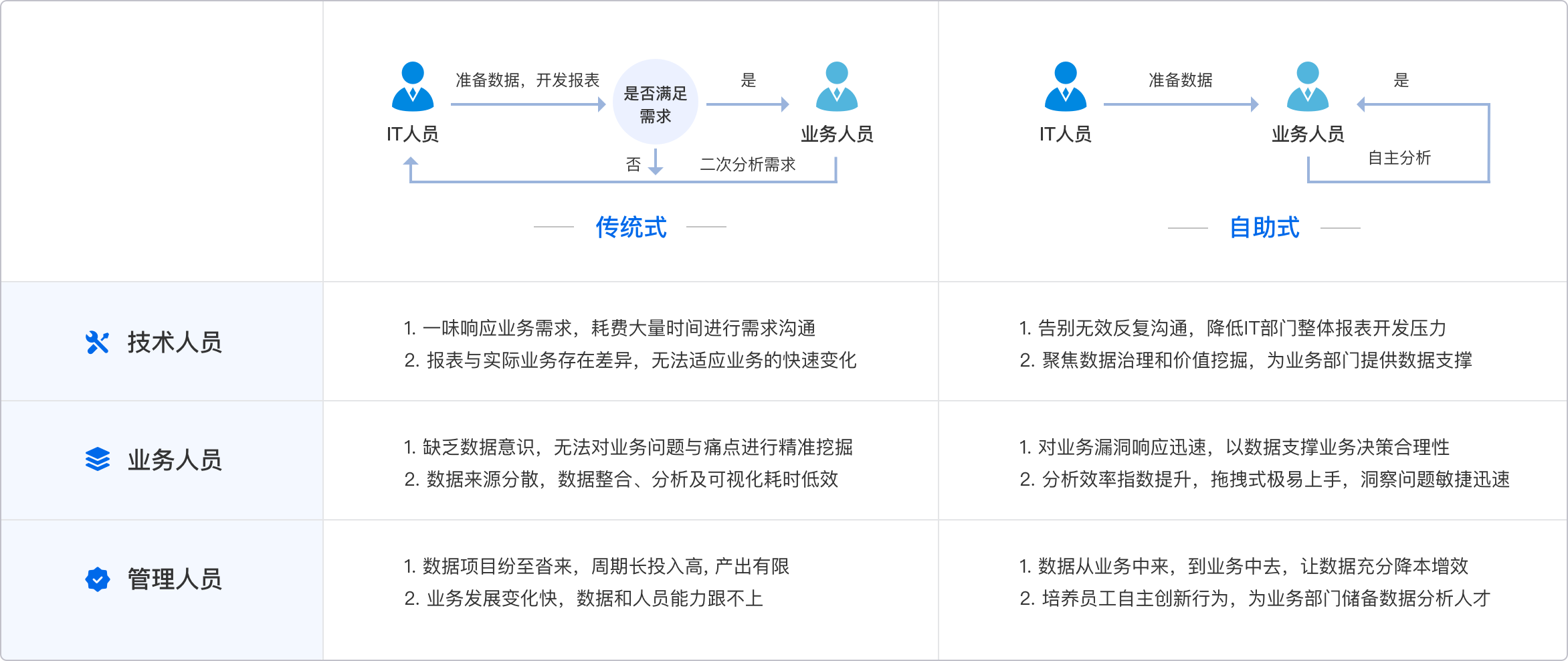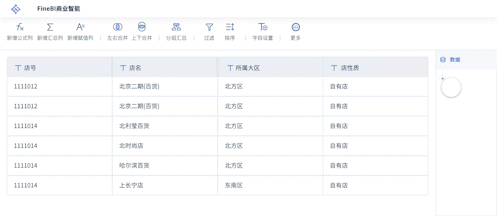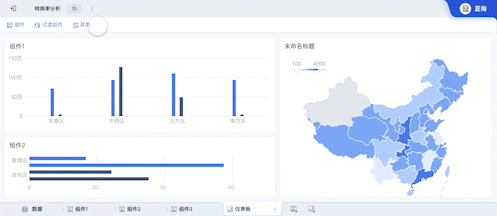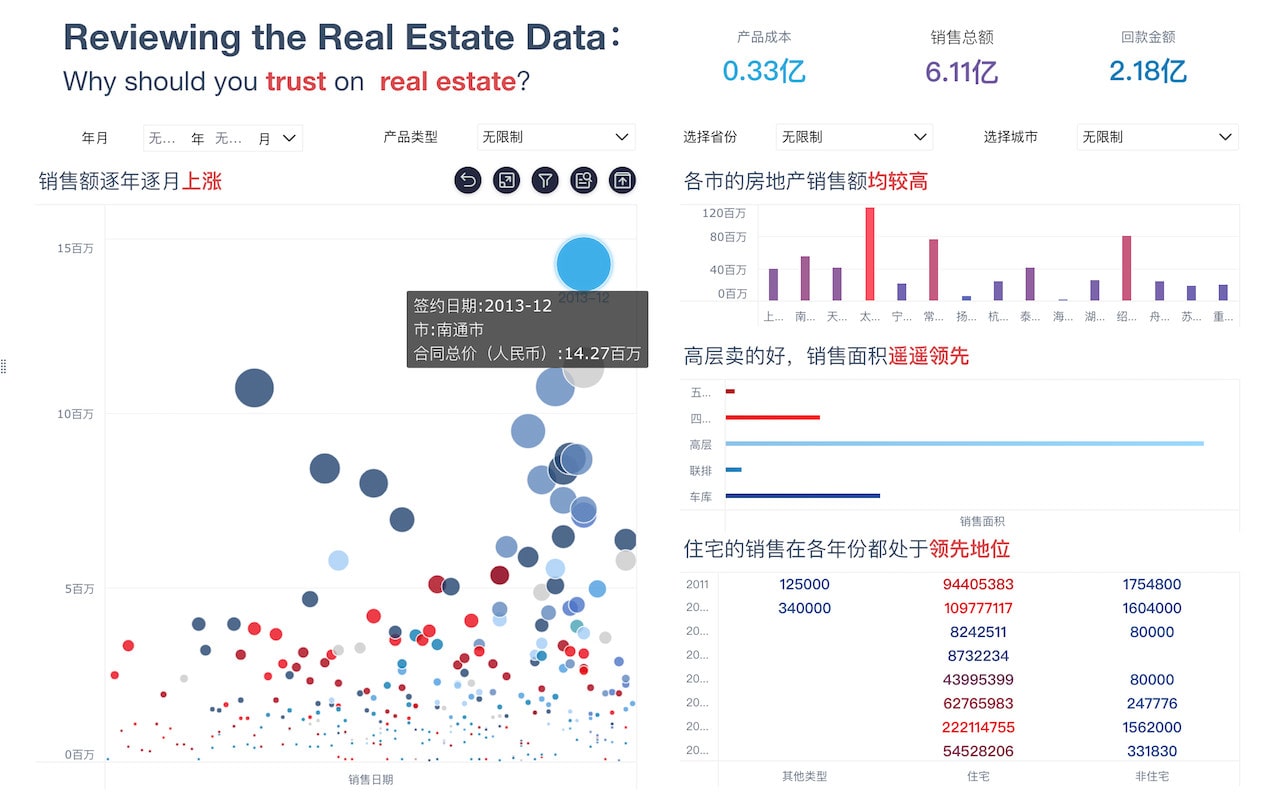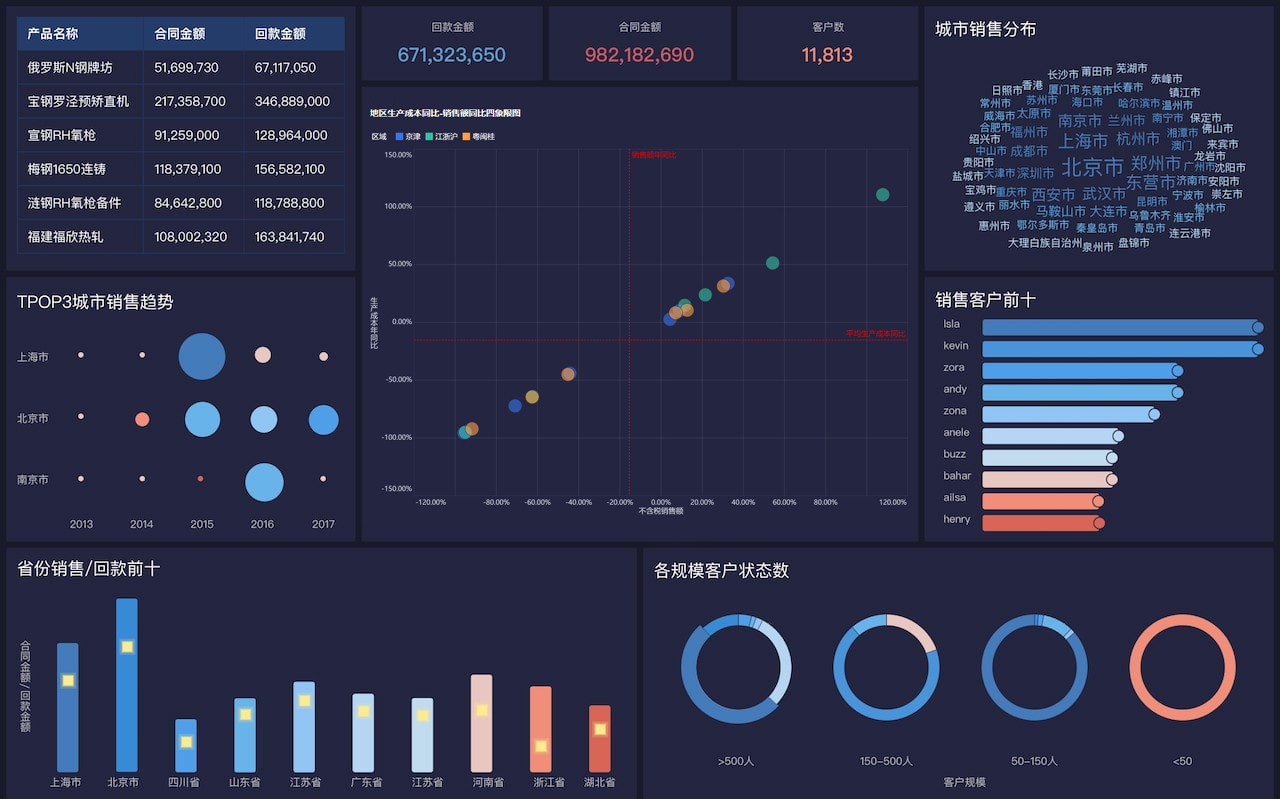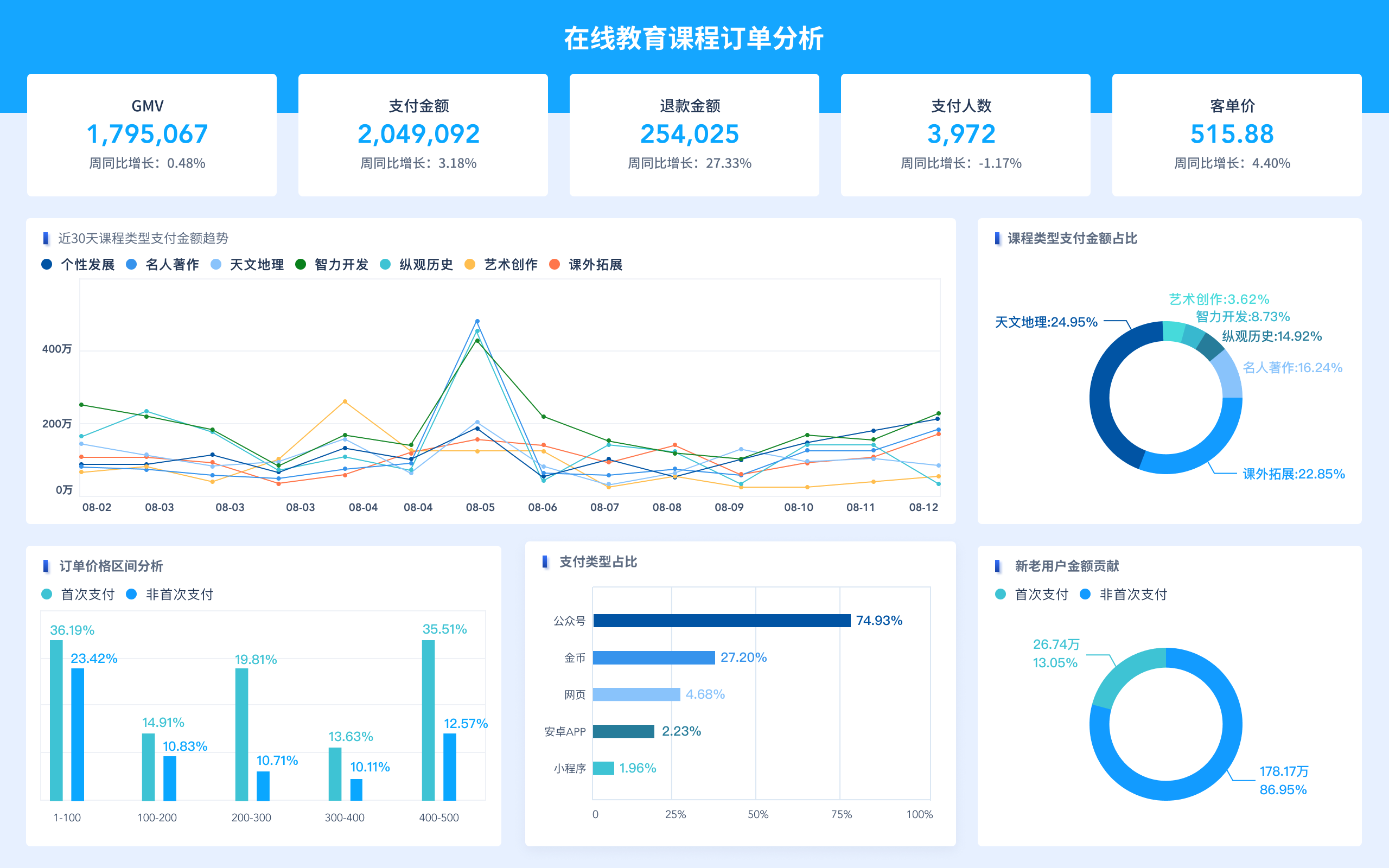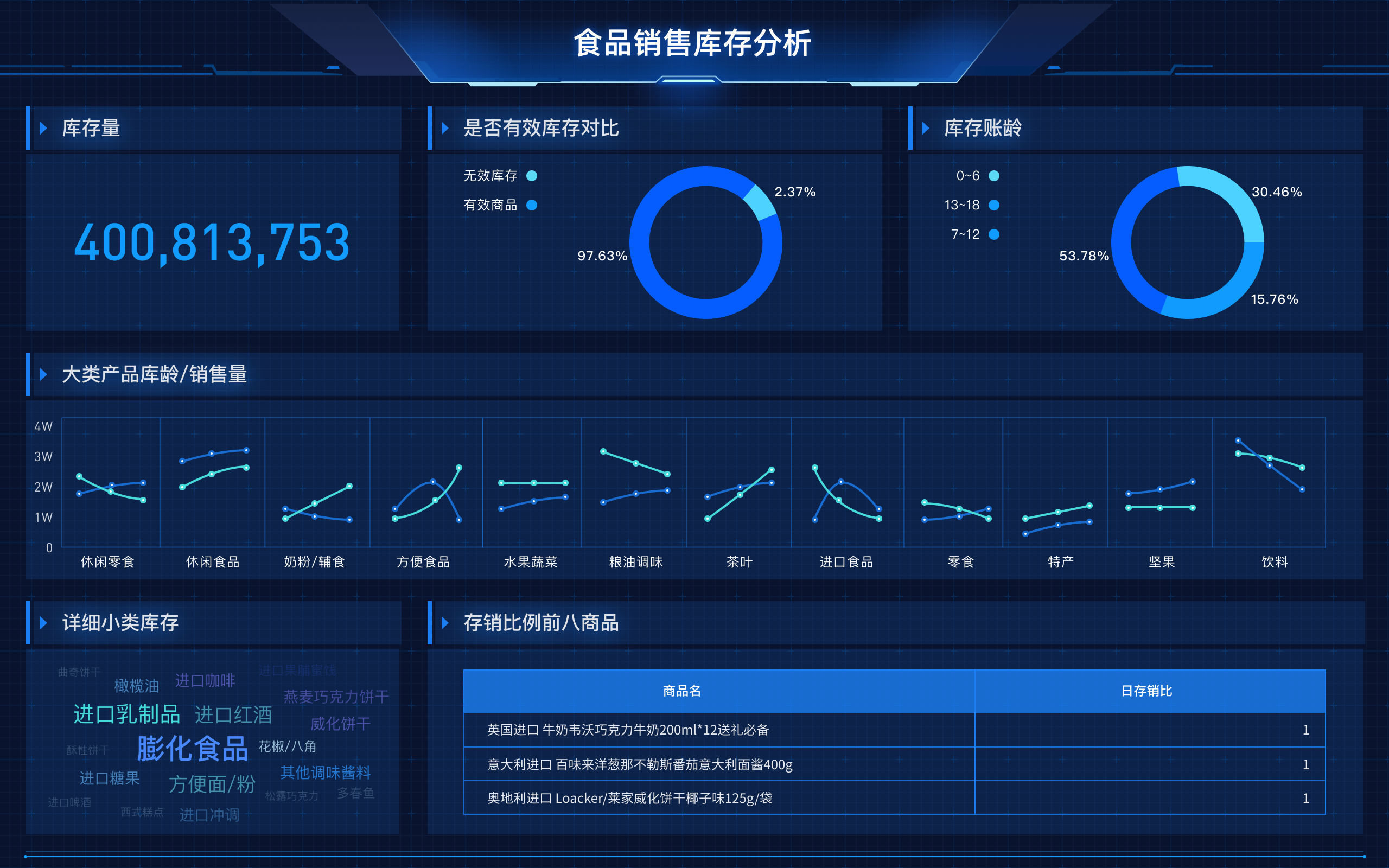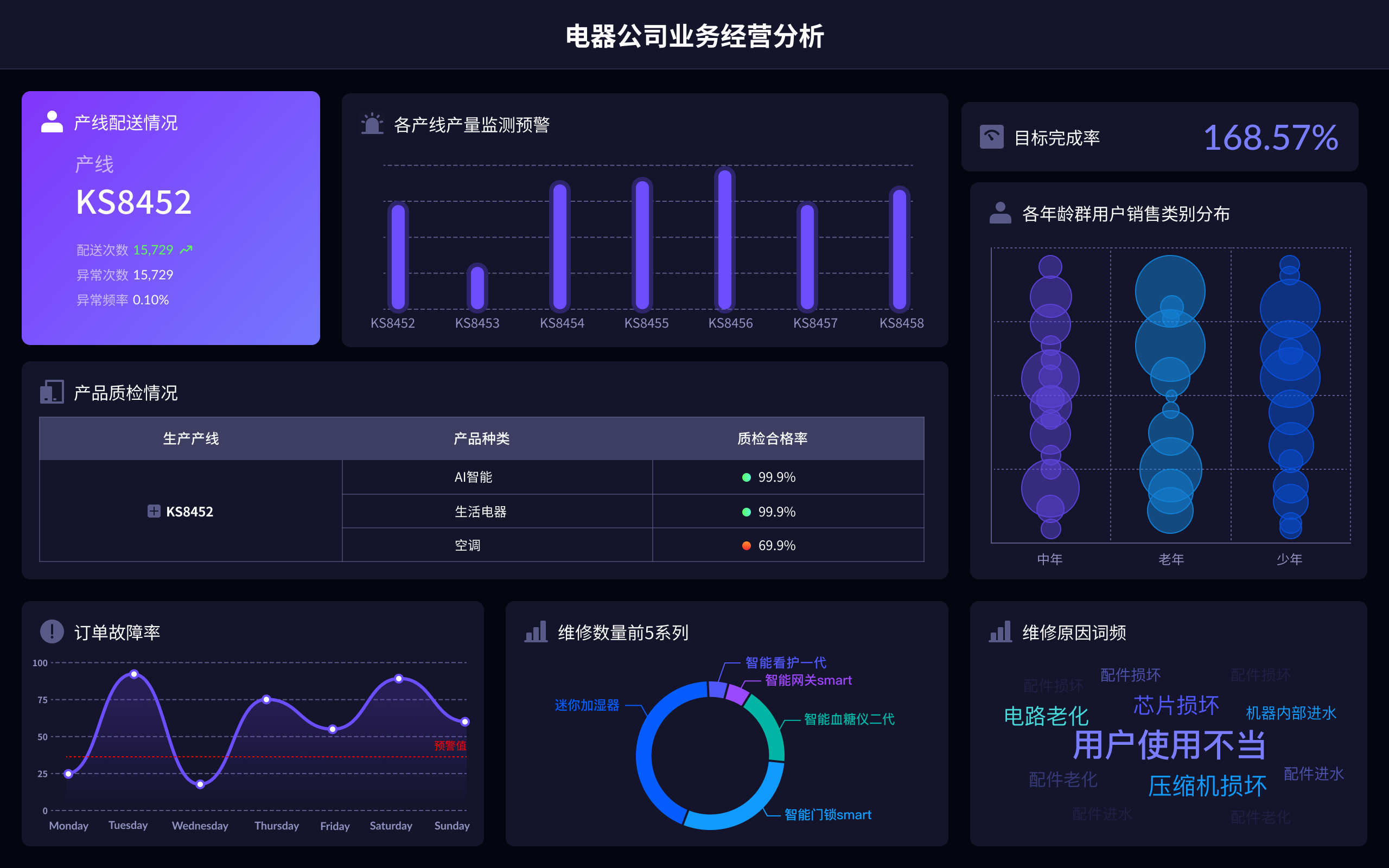
The term "经营分析师" in English is "Business Analyst". Business Analysts play a crucial role in organizations by identifying business needs, analyzing processes, and recommending data-driven solutions. They are essential for optimizing operations, improving efficiency, and driving business success.
一、BUSINESS ANALYST ROLE AND RESPONSIBILITIES
Business Analysts are responsible for understanding the organization's needs, analyzing data, and proposing solutions to enhance business processes. They work closely with stakeholders to gather requirements, create detailed documentation, and ensure that solutions align with business objectives. Additionally, they conduct market research, perform data analysis, and develop strategies to improve efficiency and productivity.
二、SKILLS REQUIRED FOR A BUSINESS ANALYST
Business Analysts need a combination of technical and soft skills to be effective in their role. Technical skills include proficiency in data analysis tools such as Excel, SQL, and FineBI (a product by Fanruan), as well as knowledge of business intelligence software. Soft skills encompass strong communication, problem-solving, and critical thinking abilities. They must be adept at collaborating with cross-functional teams and presenting their findings to stakeholders in a clear and concise manner.
三、IMPORTANCE OF DATA ANALYSIS
Data analysis is a core component of a Business Analyst's job. By analyzing data, Business Analysts can identify trends, uncover insights, and make informed recommendations. This process involves collecting data from various sources, cleaning and organizing it, and using statistical methods to interpret the results. Tools like FineBI can facilitate this process by providing user-friendly interfaces and powerful analytical capabilities. FineBI官网: https://s.fanruan.com/f459r;
四、BUSINESS ANALYSTS IN DIFFERENT INDUSTRIES
Business Analysts can be found in various industries, each with its unique set of challenges and requirements. In finance, they might analyze investment opportunities, assess risk, and develop financial models. In healthcare, they might focus on improving patient care processes and optimizing resource allocation. In retail, they could analyze consumer behavior, forecast sales, and enhance supply chain management. Regardless of the industry, their goal remains the same: to drive business improvement through data-driven decision-making.
五、THE IMPACT OF TECHNOLOGY ON BUSINESS ANALYSIS
Advancements in technology have significantly transformed the field of business analysis. Modern tools and software, such as FineBI, enable Business Analysts to handle large datasets, perform complex analyses, and visualize data more effectively. Automation and machine learning have also streamlined many aspects of data analysis, allowing analysts to focus on higher-level strategic tasks. Embracing these technological advancements is crucial for Business Analysts to stay competitive and deliver value.
六、BUSINESS ANALYST CERTIFICATIONS AND EDUCATION
Pursuing relevant certifications and education can enhance a Business Analyst's career prospects. Certifications such as Certified Business Analysis Professional (CBAP) and PMI Professional in Business Analysis (PBA) are highly regarded in the industry. A background in business administration, finance, computer science, or a related field can also be beneficial. Continuous learning and professional development are essential for staying updated with industry trends and best practices.
七、CHALLENGES FACED BY BUSINESS ANALYSTS
Business Analysts often encounter various challenges in their roles. These can include resistance to change from stakeholders, data quality issues, and aligning business strategies with technological capabilities. Effective communication, stakeholder management, and a thorough understanding of the business environment are crucial for overcoming these challenges. Developing resilience and adaptability can help Business Analysts navigate complex situations and drive successful outcomes.
八、THE FUTURE OF BUSINESS ANALYSIS
The future of business analysis is poised for significant growth and evolution. As organizations increasingly rely on data to make strategic decisions, the demand for skilled Business Analysts is expected to rise. Emerging technologies such as artificial intelligence, big data, and the Internet of Things (IoT) will further expand the scope and capabilities of business analysis. Staying abreast of these developments and continuously upgrading skills will be essential for Business Analysts to remain relevant and effective.
九、REAL-WORLD EXAMPLES OF BUSINESS ANALYSIS SUCCESS
There are numerous real-world examples where Business Analysts have made a substantial impact. For instance, a retail company might have leveraged data analysis to optimize its inventory management, resulting in reduced costs and improved customer satisfaction. A healthcare provider could have used business analysis to streamline patient scheduling, leading to increased efficiency and better patient outcomes. These success stories highlight the tangible benefits that effective business analysis can bring to an organization.
十、CONCLUSION
In conclusion, Business Analysts play a vital role in driving organizational success through data-driven insights and recommendations. With the right combination of skills, tools, and knowledge, they can navigate complex business environments, address challenges, and deliver impactful solutions. As the field continues to evolve, staying updated with the latest trends and technologies will be crucial for Business Analysts to maintain their effectiveness and contribute to their organizations' growth. FineBI官网: https://s.fanruan.com/f459r;
相关问答FAQs:
经营分析师英文怎么说?
经营分析师的英文翻译是“Business Analyst”。这个职位在现代企业中扮演着至关重要的角色,主要负责分析业务需求、识别改进机会,并提供解决方案以支持企业的战略目标。商业分析师通常需要具备良好的分析能力、沟通技巧和项目管理能力,以便能够有效地与各个部门的利益相关者合作。
经营分析师的职责是什么?
经营分析师的职责多种多样,主要包括以下几个方面:
-
需求收集和分析:经营分析师需要与业务部门密切合作,了解其需求并进行详细的分析。他们通常使用访谈、问卷和工作坊等方法来收集数据,以确保获取的信息是全面和准确的。
-
数据分析:分析师需对收集到的数据进行深入分析,识别趋势、模式和潜在问题。他们常使用统计工具和软件(如Excel、Tableau、SQL等)来处理和可视化数据,以帮助决策者理解业务表现。
-
解决方案设计:在识别出问题之后,经营分析师需提出切实可行的解决方案。他们可能会设计新的流程、系统或技术方案,以优化业务运营。
-
项目管理:很多时候,经营分析师还需要参与项目的实施过程,包括制定项目计划、监控进度、协调团队成员,并确保项目按时完成。
-
持续改进:经营分析师还负责监测实施后的效果,收集反馈并进行后续分析,以确保解决方案的持续有效性和适应性。
如何成为一名优秀的经营分析师?
要成为一名优秀的经营分析师,以下几点尤为重要:
-
教育背景:通常情况下,经营分析师需要具备商业、经济、信息技术或相关领域的学士学位。很多职位也会要求硕士学位,尤其是在竞争激烈的行业中。
-
专业技能:掌握数据分析工具(如Excel、R、Python等)、可视化工具(如Tableau、Power BI等)以及项目管理软件(如JIRA、Trello等)是必不可少的。此外,良好的沟通和演示能力可以帮助分析师更有效地传达他们的发现和建议。
-
行业知识:对所在行业的深入理解也是成功的关键。分析师需要了解行业趋势、市场动态以及竞争对手的表现,以便能够做出更具针对性的分析和建议。
-
认证和培训:参与专业认证课程,如PMI-BA(项目管理协会商业分析师认证)或CBAP(国际商业分析师协会认证),可以提升自身的专业能力和市场竞争力。
-
实践经验:通过实习、项目参与或相关工作经验来积累实践知识至关重要。许多雇主更倾向于招募具备实际工作经验的候选人,因为他们能够更快地适应工作环境并为团队贡献价值。
通过不断学习和实践,任何人都有机会成为一名成功的经营分析师,为企业的成长和发展做出积极贡献。
本文内容通过AI工具匹配关键字智能整合而成,仅供参考,帆软不对内容的真实、准确或完整作任何形式的承诺。具体产品功能请以帆软官方帮助文档为准,或联系您的对接销售进行咨询。如有其他问题,您可以通过联系blog@fanruan.com进行反馈,帆软收到您的反馈后将及时答复和处理。


